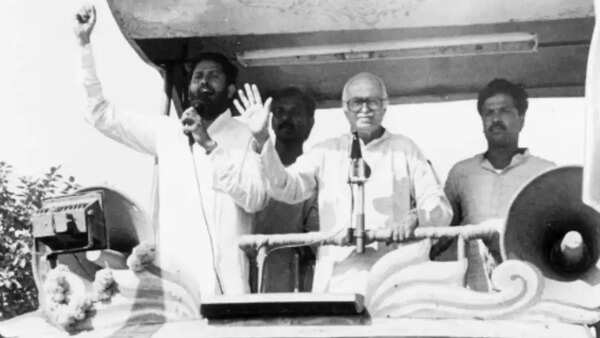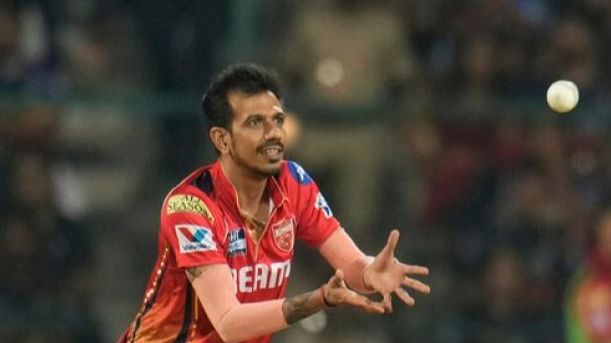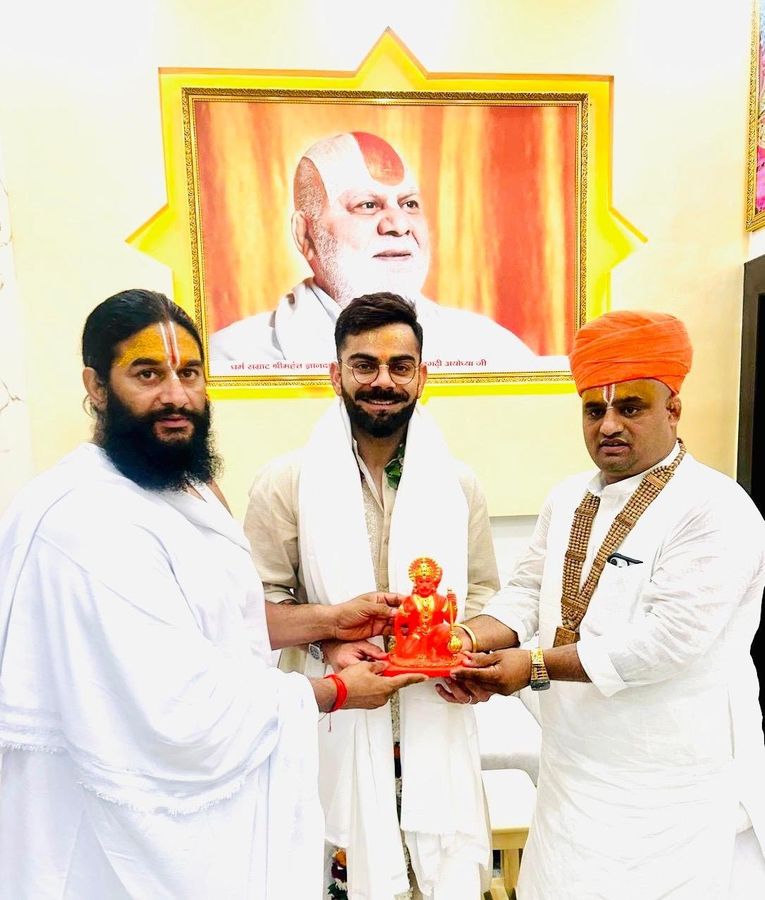NEW DELHI: Prime Minister Narendra Modi on Saturday announced
Bharat Ratna
honour for BJP veteran L K Advani.
Advani, who served as the president of the
Bharatiya Janata Party
for the longest period, was instrumental in building the party in the 90s and guiding it to power at the centre. It was under Advani that the BJP saw a phenomenal rise from 2 Lok Sabha seats in 1984 to 85 seats in 1989 and then 120 in 1991.
Advani, who served as deputy prime minister in Atal Bihari Vajpayee's government besides holding several important ministries, was one of the key architects of the
Ram Mandir movement
.

Bharat Ratna for the BJP veteran comes within a fortnight of the January 22 consecration ceremony of the grand Ram Temple held in the presence of PM Modi.
The Ram Rath Yatra
Adavni's Rath Yatra for the construction of the temple in Ayodhya was one of the key turning points in the long struggle that was waged for the temple.
The BJP veteran started with his Rath Yatra from Somnath in Gujarat on September 25, 1990, and passed through hundreds of villages and cities.
Advani traveled approximately 300 kilometers a day and often addressed six public rallies in a single day. Advani was arrested during his Ram Rath Yatra at Samastipur in Bihar on October 24, 1990, by the then Bihar chief minister Lalu Prasad.
Advani's yatra was one of the biggest mass mobilisation programmes of the BJP and propelled the party to the centrestage of national politics and eventually paved the way for the formation of party's government at the Centre.
In an article, 'Shri Ram Mandir: Fulfilment of a divine dream', penned by Advani and shared by his office ahead of the consecration ceremony, the BJP veteran said the Ram Janmbhoomi movement, whose primary objective was construction of the Ram temple in Ayodhya, also became a symbol of "reclaiming the true meaning of secularism from the onslaught of pseudo-secularism".
He said a significant debate started during the movement around the difference between genuine secularism and pseudo-secularism.
Asserting that the Ramjanmabhoomi movement proved to be a major watershed in the history of post-1947 India, Advani said he felt humbled that destiny made him perform a pivotal duty in the form of the Ram Rath Yatra from Somnath to Ayodhya in 1990.
"I believe that before any event finally occurs in reality, it takes shape and form in a person's mind. At that time, I was feeling that a befitting temple for Shri Ram in Ayodhya would indeed be a certainty one day and that it was only a matter of time," he said.












 English (US) ·
English (US) ·